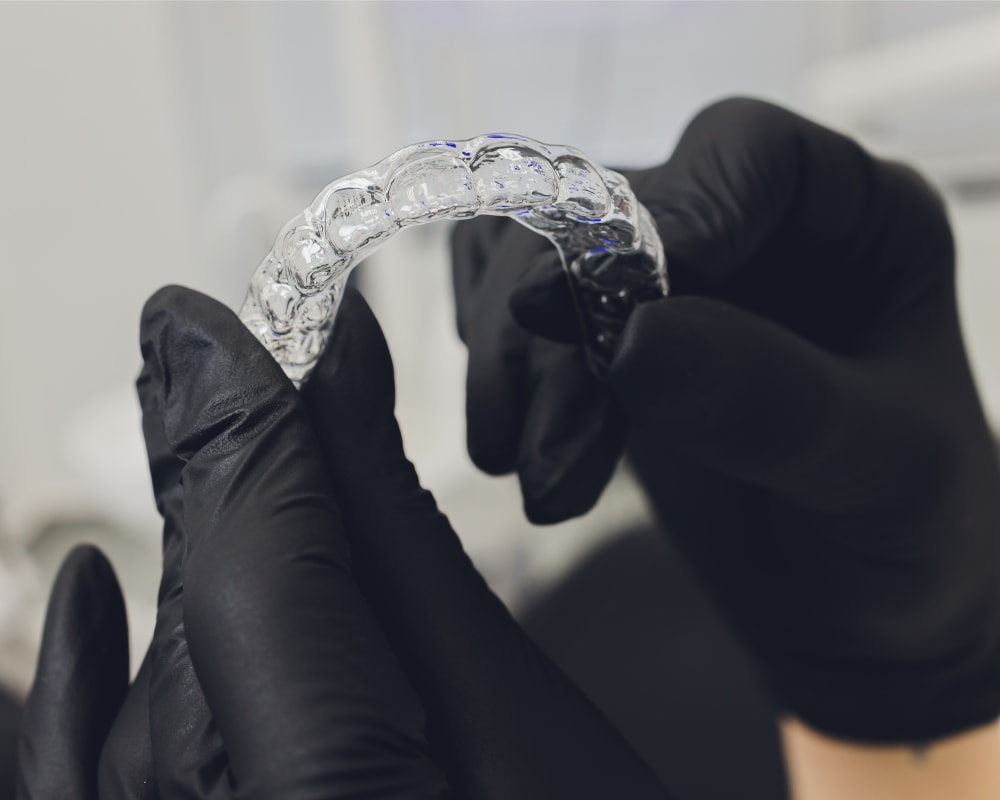
Orthodontics for Straighter Smiles
Orthodontics focuses on treating irregularities in teeth and jaw, such as improper positioning, occlusion and alignment.
Conditions such as crooked teeth, overcrowding, misalignment, overbites or underbites can lead to oral health issues, making it difficult to eat and talk.
If any of these issues occur, your dentist will recommend orthodontic treatment to help reposition your teeth so they are straighter, leaving you with a functional and aesthetically pleasing smile.
Whether your orthodontic issues are caused by genetic or hereditary factors, bad habits or injuries, they should be addressed as soon as possible to prevent complications.
Myobrace
Myobrace is a preventive orthodontic treatment that focuses on addressing the underlying causes of crooked teeth before braces are even considered. It is best suited for young children and teens. Treatment involves a series of removable intraoral appliances worn for one to two hours each day and through the night while you sleep.
Myobrace is designed to address incorrect myofunctional (related to muscle function) habits by teaching children to breathe through their noses, rest their tongue in the correct position at the roof of the mouth and swallow correctly. It also helps widen the jaws, allowing them to grow to their full and proper size. This provides sufficient room for the teeth, allowing them to erupt straight and in position, often preventing the need for further orthodontic treatment.
Invisalign Clear Aligners
Invisalign's clear plastic aligners are custom-made to fit snugly over your teeth, gradually straightening them without the use of metal wires and brackets like traditional braces.
These aligners are smooth, clear plastic trays that are easily removable, so you can take them out to enjoy your favourite foods and beverages. You will also remove them for brushing and flossing your teeth, allowing you to continue with your oral hygiene routine.
Because clear aligners are transparent, they are not easily noticeable, and people may not even be able to tell you're undergoing orthodontic treatment.


